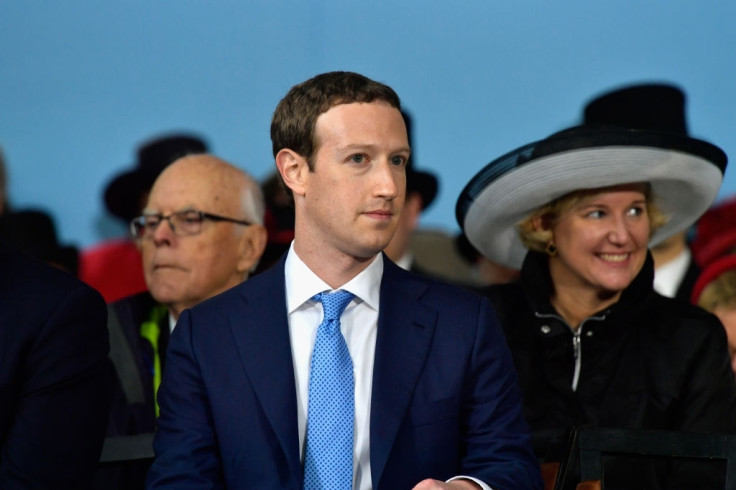Facebook has been testing a covert photo-sharing app in China, says report
The alleged app, Colourful Balloon, looks and feels just like Facebook's existing Moments app.

Facebook, which has been banned in China for years, has covertly launched a new app in the country, according to a report from New York Times.
As China continues its crackdown against leading internet giants, Facebook found an alternate route to mark its entry into the country - a new photo-sharing app that doesn't carry its name or hints - in any way - that it is affiliated to the social network giant.
Citing a person familiar with the launch, NYT reported Facebook approved the May debut of "Colourful Balloons" in China with the help of a separate local company - Youge Internet Technology. The app looks and feels like Facebook's popular Moments app but carries no sign of the company's ownership and uses country's biggest social network WeChat to link users.
NYT unearthed the connection between Colourful Balloons and Moments after comparing the interface of both apps. They even noticed a photo suggesting Youge's executive director, Zhang Jingmei, is either an employee or advisor of Facebook. She was spotted sitting next to Facebook executive Wang-Li Moser during the company's recent meet with the Shanghai government.
Facebook did not comment on Jingmei's role in the purported app and issued a statement saying, "We have long said that we are interested in China, and are spending time understanding and learning more about the country in different ways," Facebook said in a statement.
The stealthy and anonymous effort - if it's true - points to a sure sign of eagerness from the social media giant to lure its next billion users from the world's largest online market. Facebook, which already has two billion users onboard, has been kept outside Chinese borders, for far too long. Facebook was blocked in the country in 2009, followed by Instagram in 2014. The most recent attack came when its messaging service WhatsApp was also partially blocked in the country.
Despite China's stringent internet censorship laws, Mark Zuckerberg, Facebook's founder and CEO has been trying to woo officials who have blocked the social network. Zuckerberg had paid a number of visits to the country in recent years and even spent a year learning to speak Mandarin.
But, it is also worth noting that Facebook is not the only facing the heat of China's strict cyber security regulations. More than 700 million internet users in the country are currently being served by local tech companies, without the likes of Google, YouTube, and Twitter.
Launching a secretive photo-sharing could help Facebook get some insight on how Chinese users share information and use social media to interact, but the under-the-table approach, if confirmed, could even backfire for the company. Even if the app abides by social-media laws prevailing in the country, Beijing might balk the idea of going behind its back. Not to mention, all of Zuckerberg's efforts to could also be jeopardized.
It is still unclear if Chinese internet regulators, including Cyberspace Administration of China, were aware of Colorful Balloon's existence and its alleged affiliation with Facebook.
© Copyright IBTimes 2025. All rights reserved.





















